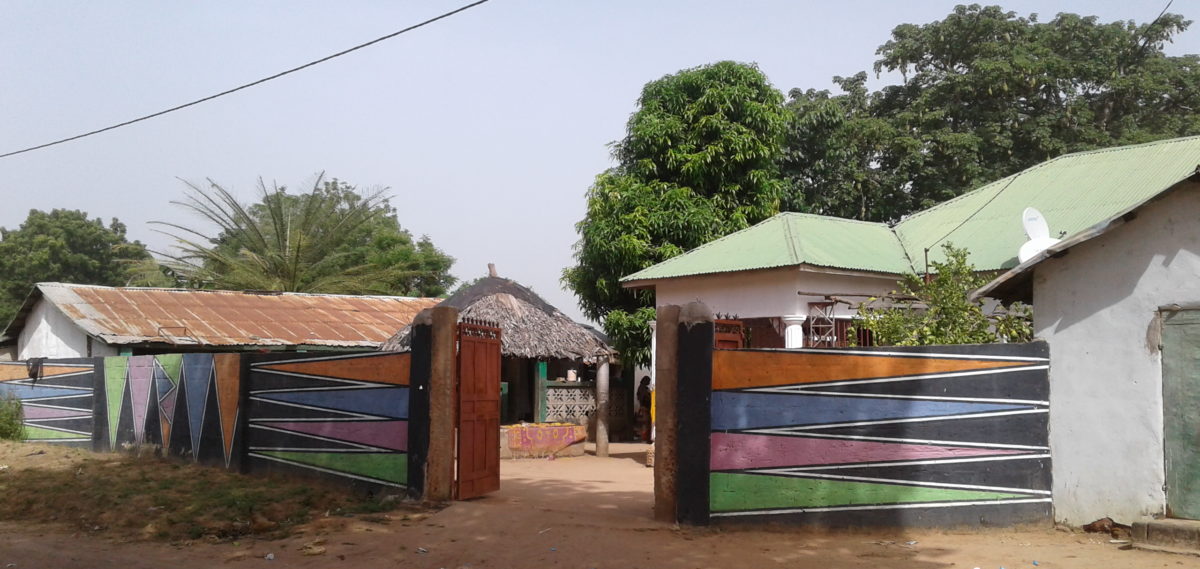25th February 2019
Gambians are warm, friendly people who have been brought up in the old British colonial tradition. Whenever you pass someone on the street or enter a public area such as a shop or a restaurant, perfect strangers – including small children – will greet you very politely.
Stranger: Morning – morning!
Self: Good morning.
Stranger: How are you?
Self: I’m good. How are you?
Stranger: Fine. How der family?
Self: They’re fine.
Stranger: How der morning?
Self: It’s good. How’s yours?
Of course by the time you have gone through this exchange, the stranger is halfway down the road and doesn’t really hear your replies. These exchanges with total strangers seemed rather weird and unnecessary at the beginning but I now find them quite charming and worry that I’ll make Sri Lankans freak out by trying to engage them in this dialogue when we return home….!
Another bizarre thing is that Gambians, and also Africans in general, do not seem to say ‘goodbye’ to each other. Whether it is a morning exchange like the one described above or as one is leaving school at the end of the day, Africans never seem to use the word ‘bye’ to end their conversations with people. So I have made repeated gaffes by saying cheerily ‘Ok then, bye! See you later / tomorrow/ on Monday’ etc and then become keenly aware of the uncomfortable silence that follows my words. I’m really not sure why people here don’t seem to use any words of farewell and can only surmise that it is linked to a sort of superstitious belief that saying ‘goodbye’ might precipitate bad luck and one might never see that person alive again.
I have also started liking the way Africans end their sentences with an ‘o’ – as in…..
Me: Why is it so loud in the art class today?
African Colleague: Sometimes they do practical projects like tie-and-dye.
Me: But the kids are screaming outside and I can’t do my lesson.
African Colleague: But that’s what it’s like here-o!
I have been told that Nigerians speak ‘Pidgin’ and Sierra Leoneans speak ‘Krio’ both of which are a corrupted version of English that has developed in different parts of west Africa. My Sierra Leonean friend and colleague helps me understand a bit of Krio by speaking slowly and identifying the many English words that are scattered throughout their sentences. Since 95% of people in Sierra Leone speak Krio, I have come to think of it as a great unifier (as opposed to looking down on it as ‘pidgin English’!) since any Sierra Leonean from whatever tribe, race or religion can clearly communicate with each other.
Now I wish Sri Lankans too had a form of language like Krio – it has so much potential to bring people together through a common medium of communication!
